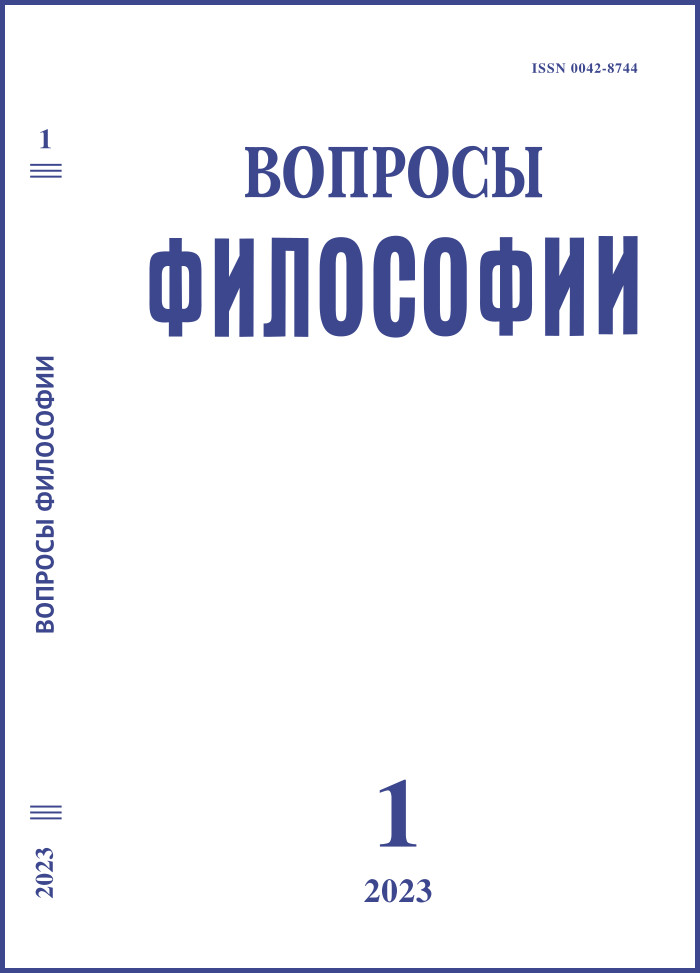Играем в бисер? О достоинстве идеи парадигмы
DOI:
https://doi.org/10.21146/0042-8744-2023-1-84-93Ключевые слова:
Кун, Гейзенберг, наука, парадигма, сообщество, ученый, практик, головоломка.Аннотация
в отечественной, и в зарубежной литературе по философии науки ссылки на работы Томаса Куна встречаются достаточно часто, как, впрочем,
и на работы других его современников постпозитивистов – И. Лакатоша, Ст. Тулмина, Н.Р. Хенсона, П. Фейерабенда и др. Но при этом к концептуальному содержанию их идей, к методологически значимым деталям их моделей динамики знания обращаются более чем редко и весьма избирательно. Концептуальный потенциал постпозитивизма используется сегодня главным образом в общепоясняющем фоновом дискурсе о науке: познавательная деятельность социально обусловлена, а наука исторически изменчива и в формах своей организации, и по своим результатам. Что же касается собственно куновской модели динамики науки, лакатосовской программы развития науки и других. постпозитивистских конструкций, то к их концептуальному содержанию прибегают скорее в контексте общих рассуждений о контурах научного познания, нежели как к эпистемологически значимой креативной составляющей философско-методологического осмысления современных научных практик. В статье предпринимается попытка показать, что отмеченное выше обстоятельство свидетельствует не столько о том, что взгляды постпозитивистов принадлежат теперь почетному, но не имеющему прямого отношения к разработке современной проблематики прошлому, сколько о дистанцировании современной философии науки от реальных методологических проблем, в решении которых нуждается современная наука.

